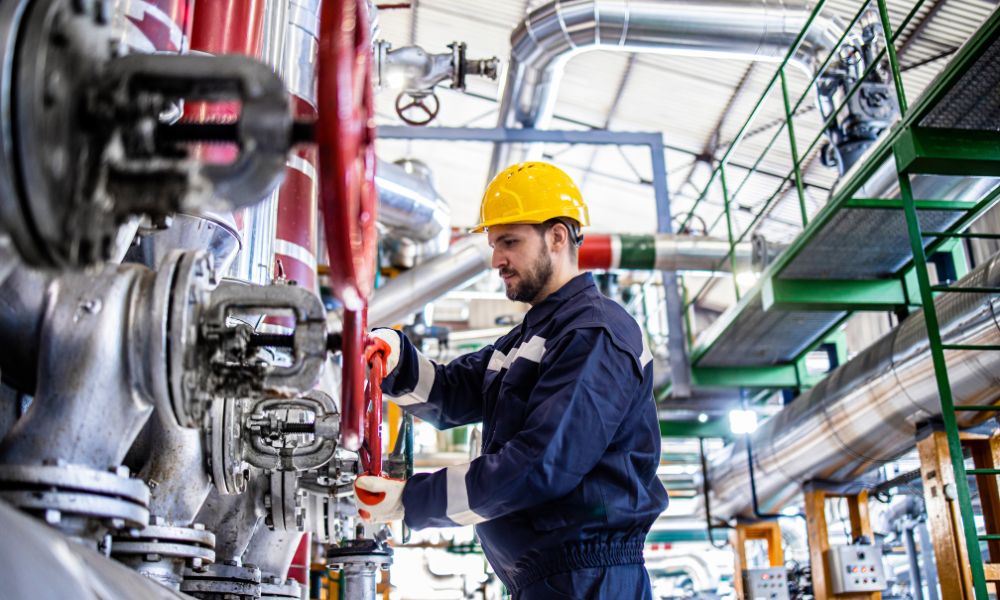Top 5 Industries That Require Flame-Resistant Material

Flame-resistant (FR) materials appear in many industries and can save lives. Workers wear FR clothing as a form of PPE on the job. But what industries specifically require flame resistant-material? Read on to learn more about the types of work that benefit from FR materials.
#1: Oil and Gas
The first industry that requires FR clothing is the oil and gas industry. This particular industry involves three main components: exploration, drilling, and production. In all three of these areas, there are risks of fires and explosions caused by sparks or heat. Therefore, all employees working in these areas must wear flame-resistant clothing.
OSHA sets forth the requirements for wearing flame-resistant clothing in this industry. In addition to these general requirements, some specific standards are in place to protect certain workers from injury due to hazards associated with their occupations. For example, you must launder your FR clothing correctly to avoid damaging its material or lessening its effectiveness.
#2: Utilities
Another common industry where flame-resistant clothing is necessary is the utility industry. Workers in the public utility sector must wear FR clothing when working on electrical, high-voltage, or high-pressure equipment. If you work in this field and need FR clothing for your job, make sure you are aware of what type of clothes suit the unique hazards of your position.
#3: Transportation
Transportation is one of the most important industries in today’s society. Automotive workers and mechanics require FR clothing because of the materials they handle. This type of material is useful because it gives the person time to escape danger and will shield their skin from damage from sudden fires. Other examples of transportation workers that benefit from FR clothing include workers at airlines, train depots, trucking companies, and on boats.
#4: Chemical Plants
Chemical plants are a vital part of America’s economy and an industry that requires flame-resistant material. Due to the nature of this work, safety regulations are very strict. There are many different chemical plants, but they all have one thing in common: workers must use flame-resistant materials to meet OSHA regulations.
#5: Industrial Food Processing
Food processors work in restaurants and other food service establishments, such as hospitals, prisons, and nursing homes. Food processors are responsible for handling and processing food products. They may also wear flame-resistant clothing when working with hot oil or steam heaters.
Food processors typically wear flame-resistant gloves while working on machines such as food grinders or ovens that produce high heat levels.
FR clothing is just one way to create a safe work environment so that businesses and service providers can continue to do their jobs.





